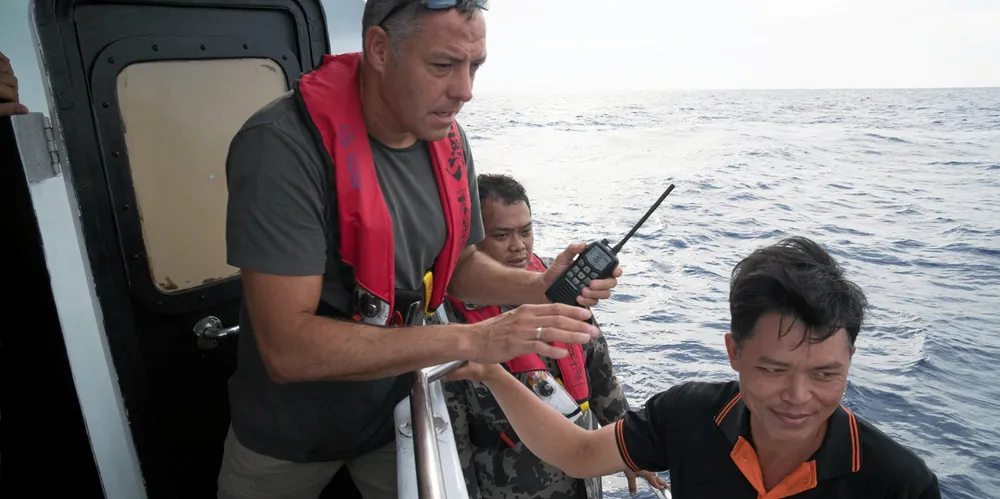What the seafood industry needs to know about the China forced labor investigation
Ian Urbina joins us to talk about his investigation, what can be done to address the issues and which companies seem to be ahead of the game.

Ian Urbina joins us to talk about his investigation, what can be done to address the issues and which companies seem to be ahead of the game.
